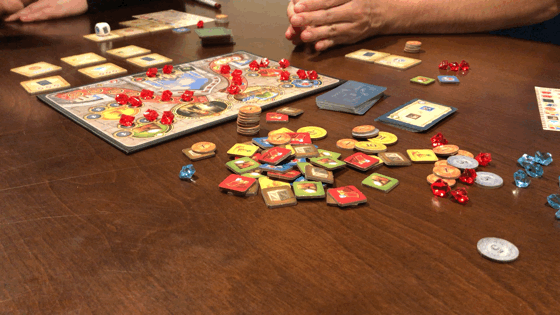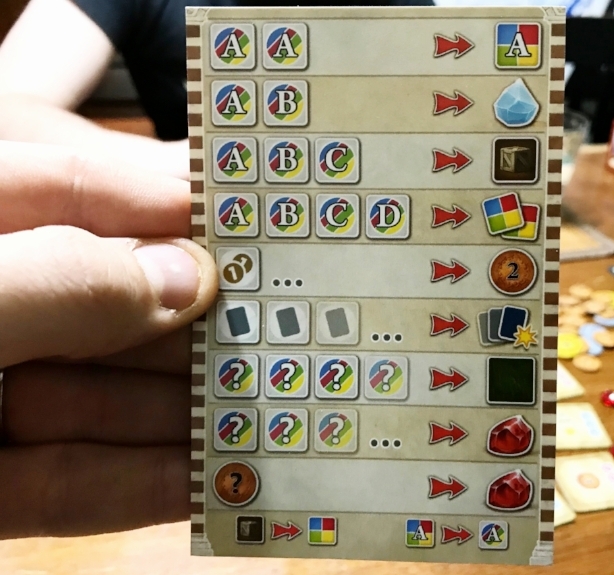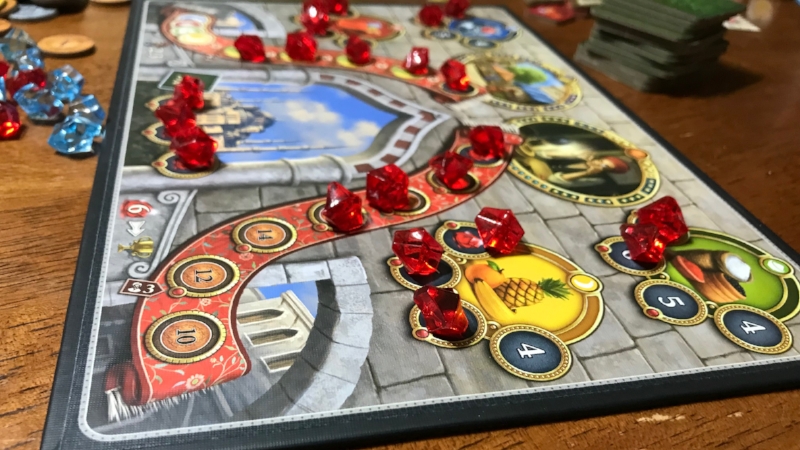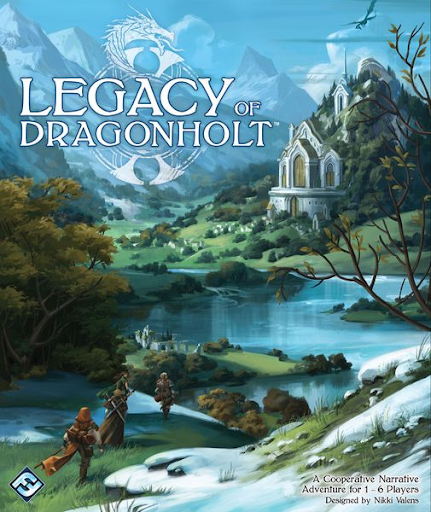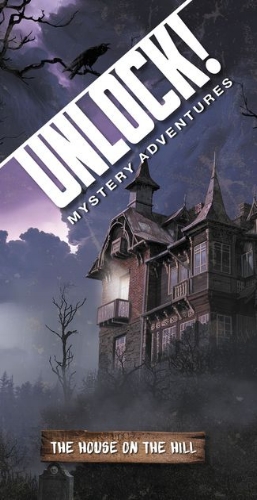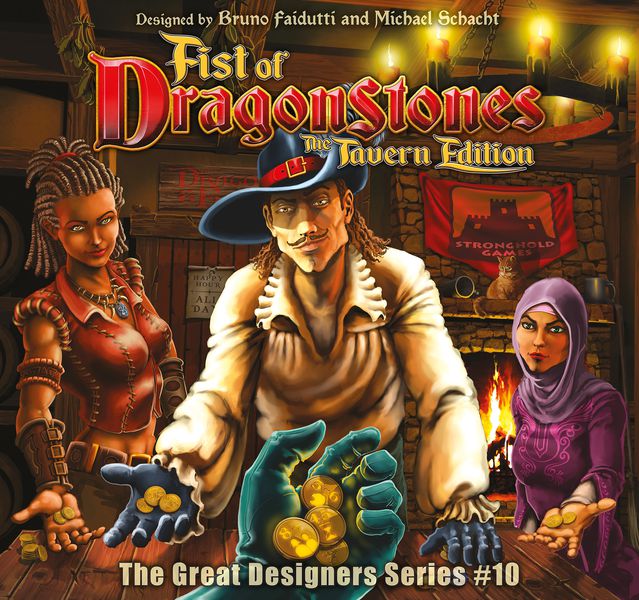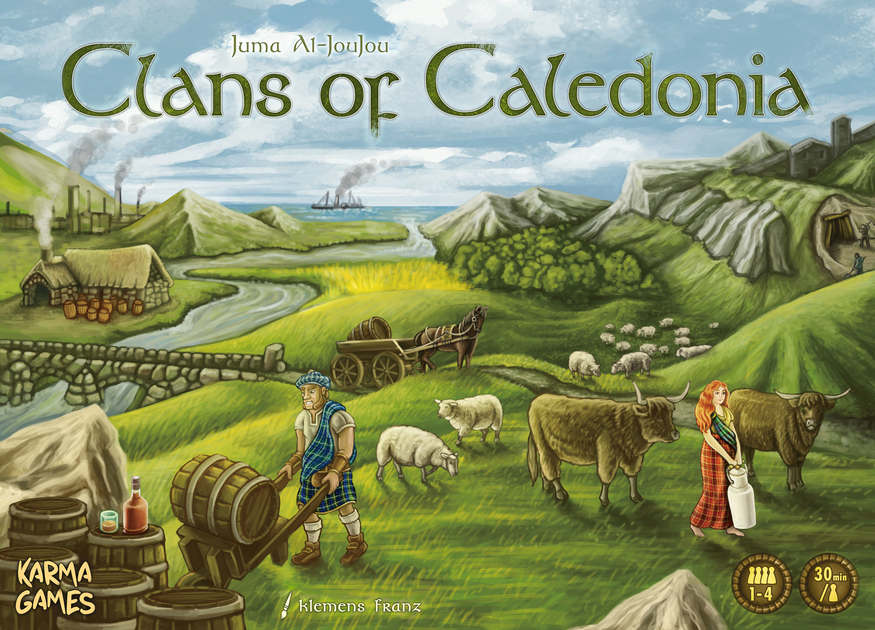Istanbul: The Dice Game
Designed by Rudiger Dorn
Artwork by Andreas Resch
Published by Pegasus Spiel & AEG 2017
2-4 Players ~ 20-40 Minutes
Review written by Jack Eddy
I can’t think of a less interesting naming convention than “_______: The Dice Game”. Think about it; what it’s really saying is “Hey, you know that hit game you love? What if we took the elements you love about it, made it less good, more random, and repackaged it just enough so that you’ll buy it again?”
Yeah, yeah, there are good dice games out there, but I think if you look deep inside, you’ll at least be able to understand where I’m coming from. My dilemma, though? I think I like Istanbul: The Dice game more than it’s bigger, boardyer cousin.
How it Rolls
Fundamentally, this is a game about gathering and spending resources with a limited number of actions, to get the number of rubies needed to end the game. Like Istanbul (The Game, not the City), as you spend your resources to pull rubies from their respective tracks, the costs increase, rewarding players who grab them early. That said, instead of spending resources on rubies, you can purchase sweet, sweet mosques which, while the cultural ramifications are too bewildering for me to comment on, grant you special powers . So your essential decisions come down to either investing in your capabilities or grabbing points.
A turn is super simple: you roll 5 dice, then take 2 actions likely related to those dice. Certain actions rely on combinations of multiple dice, like purchasing rubies from each of the 4 different tracks; the first ruby costs 4 yellow dice, then 5, then 6. And you’re saying, wait a minute? 6 dice? I thought I only had five? Well, it’s a good thing you can spend two matching dice for a a good token of the same color, which can be held for future turns and be spent as that die result.
There are lots of actions that give you various tokens, re-roll gems, or cash that can be spent on the money-ruby track, but the last two big aspects of the game come from the deck of cards and the mosques. The cards are like one time bonuses, and when you spend card results on your dice, you draw that many cards and resolve one of your choice. Sometimes these are duds, requiring you to have certain resources to fulfill their requirements, and in other times they will be exactly what you needed. No matter what, if you can’t do anything with the cards you get a consolation dollar (lira?) but the important part is that this is a random element you can choose to participate in, leaving it up to lady luck.
The Mosques on the other hand are your engine. These can do things like give you extra dice, increase the actions you can take each turn, or give you bonus money or cards that you can reap at the beginning of EVERY SINGLE TURN.
These mosques? They are my downfall…
Flow
Every gamer instinct I possess demands that I invest in my production; get more workers, hone my engine, GET MORE STUFF. And while it’s super rewarding to nab some mosques, this game moves faster than you expect. Both in the actual time it takes to play a game, but also in how quickly you’ll lose your opportunity to nab those cheaper rubies.
Yes, the game does reward you with a bonus ruby for getting 5 mosques, but you’ll tell yourself that at any cost you must get several of these mosques at the beginning of the game, even if it means spending all of your resources that would be perfectly good for acquiring rubies. In a game where 6 rubies can trigger the final round, you don’t have a lot of time to waste.
I love that Istanbul: The Dice Game maintains an abundance of temptation, especially with the limited number of actions per round. The tantalizing cards with their precious and often beneficial awards, the sweet satisfaction of buying some low cost rubies early in the game, and the surge of power through gathering several mosques is divine. Everything about this game is designed to make you feel good, and like your turn comes down to deciding what tasty morsel you want to consume.
A Well Dressed Table
I’m a sucker for aesthetic, and while there isn’t anything particularly striking about this game, I really dig the visual appeal. Where Istanbul proper feels enormous and somewhat cumbersome, with it’s large tiles composing the board, this game is spartan, reserved, and efficient. The vibrant colors, the nice curves, the pretty dice, and the small-yet-chunky mosque tiles all set up a pleasing and concise presentation on the table.
Also of note is that Istanbul: The Dice Game features some fairly easily deciphered iconography. Yes, there is the usual period of incomprehensibility when you first look upon your action sheet, but as soon as you are walked through each action, pretty much every symbol on the cards, mosques, player board, dice, and reference sheets comes together; cohesive, comprehensible, and useful. Where some other games reach for language independence and clumsily falter; this game comes across as refined.
Final Thoughts
Istanbul: the dice game stands apart from its predecessor by reducing it to its barest and most fun bones. While I still think the original’s innovative proximity based worker placement and collection holds merit, the familiar feelings of careful action selection, tactical use of current board state, and the balance between production and development is preserved in this faster playing and easier managed box.
One of my chief fears going into this game was that the overwhelming randomness of dice would undermine strategy and too often result in lucky rolls leading to a lucky winner; but there are so many good options for how to use your dice, and plenty of ways to augment, ignore, and altogether reroll your dice, that each roll feels more like an encouraging challenge rather than bewildering predicament. In each of my many, many plays it has been the players who make smart choices and account for probabilities who win; not just some lucky duck sitting on a throne of fortunate rolls.
That said, the one area that this game really suffers in comparison to its predecessor, is that each game will feel extremely familiar. Sure, the mosques, cards, and dice rolls that appear in a game will slightly change up your game, but there is a familiar arc that you’ll grow accustomed to, and very little about the game will dynamically change from session to session.
Ultimately, this Istanbul: The Dice Game fits solidly alongside games like Splendor and Century: Spice Road; a race to the finish with quick actions in quick turns leading to quick games, except this game delivers meatier choices and more options per turn to play with. In essence, it consolidates the really enjoyable consequential choices of feelings of empowerment of its predecessor, while standing as a completely different beast unto itself. And while I’ve become less enamored with Istanbul since it’s release, feeling the game often takes more setup and analysis for the core experience deserves, the dice game is full of snappy, potent fun worth repeating again and again.
Got questions about the game, the review, or the creative process? Let us know any we may tackle it when we publish our audio version with additional thoughts and Q&A on TCbH Reviews.
The Cardboard Herald is funded by the generous support of readers, listeners, and viewers. If you'd like to help support, you can find our Patreon here.


